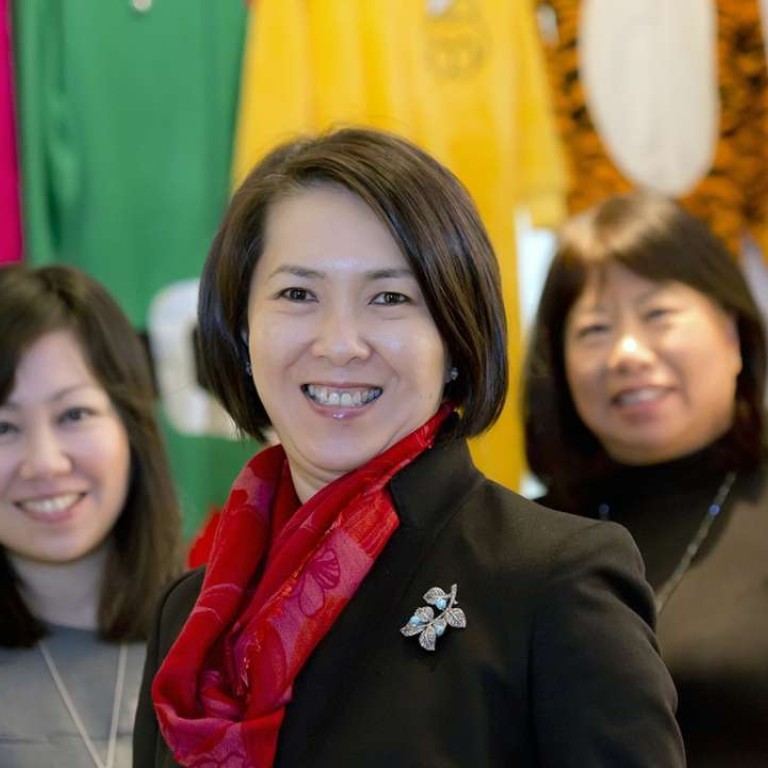
Business opinion divided on Brexit despite losses inflicted by sterling nose-dive
Two business owners who migrated to Britain long ago offer different takes on fallout from vote to leave EU bloc
Dicken Chow, a Hong Konger who migrated to London, where he operate a Japanese restaurant, more than 40 years ago is among the millions of Britons who voted for Brexit in the June referendum, held to decide if the country should leave the European Union.
He has no regret even though, like many British businessmen, he will need to face import inflation, paying higher prices from imported fish and Japanese rice for his sushi.
Sterling fell more than 15 per cent against the greenback following the Brexit vote. The cheap pound has attracted a tourist influx into Britain but also means all imported food and materials have become more expensive.
“We have seen more tourists come to London in recent months. All the Chinese restaurants are full of visitors and we have seen more visitors in our restaurants too,” Chow said in an interview with his wife Kelly in their Japanese restaurant, Bento Cafe Japanese, in Camden Town, a tourist hot-spot in London.
The increasing number of visitors bring more business but the higher import prices add to costs.
“We cannot increase the price immediately as that would drive away customers. We can only absorb the cost ourselves. This is the negative impact of Brexit,” he said.

Despite suffering from the negative impact from Brexit, Chow has no regrets over voting for it.
“When Britain is part of the EU, we have to follow all the food regulation in Europe including the rule that all fresh fish needed to be frozen first. We also have to follow the European labour law that we need to first hire European. Only if we cannot find a candidate in Europe, then we can hire people from Japan or other Asian countries,” Chow said.
“By voting for Brexit, I want that Britain can set our own rules that would allow us to have more freedom to hire people and to serve our food in the right way we think fit,” he said.
Carole Tong Ching-man, a former Hong Kong accountant who migrated to Edinburgh with her husband for 20 years, is among those who voted against Brexit. The couple conduct a trading business importing underwear and nightwear to British retail shops and operate a number of Thai restaurants under the brand of Spirit of Thai and Time4Thai in Edinburgh, and Thai Lemongrass in both Edinburgh and Glasgow.
“It was a nightmare after the Brexit as the sterling has dropped more than 12 per cent in a single day. The currency valuation loss has eroded all the profit we made from the trading,” she said in a telephone interview with the Post.
As an importer, she has to pay the Chinese manufacturers in US dollars and to collect the sterling from her British buyers, so is among the most hard-hit group of businesses.
“The restaurant businesses are also hard hit. When the British economic outlook is full of uncertainties, people do not have great interest in dining in the restaurants,” she said.
Tong said she voted for Britain to stay in EU as she wanted a stable business environment.
“Certainty is very important for any businesses. The problem of the Brexit is that it would create a lot of uncertainties in the years ahead as the regulation, economy, and currency outlook would all be changed after Brexit. That is definitely not good for our business,” she said.

